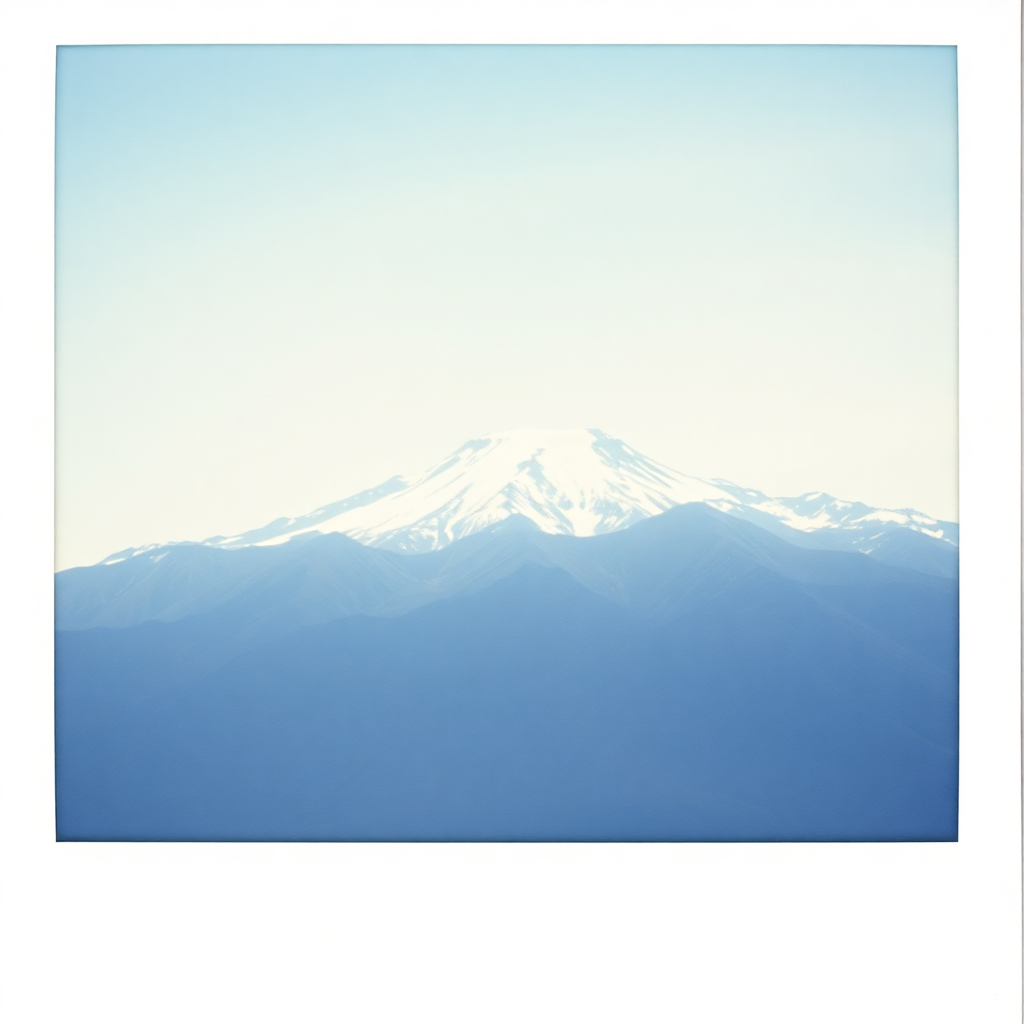
Understand the significance of pepeha and its role in connecting to one’s identity, whenua (land), and whakapapa (genealogy).
The core concept of pepeha in Māori culture is to establish connections. It is a vital part of sharing one's connections to others and the land. It is the 'from who' and 'from where' one comes from. Another way of thinking about pepeha is as your geographic identity card.
What is your experience of pepeha? Where have you seen pepeha used? Why are you wanting to learn a pepeha?
Let's start nice and simply with finding out where we are from.
Nō hea koe? Where are you from?
Nō ___________au. e.g. Nō Kirikiriroa au. I am from Hamilton.

Let’s begin with the key components of a pepeha (maunga, awa, iwi, hapu, whanau, etc).
-
mau—to hold.
-
maunga—mountain
-
awa—river
-
moana—sea or ocean
-
iwi—tribe
-
hapū—clans or descent groups
-
rohe—territory or tribal boundary
-
whānau—extended family
-
ingoa - name
Group discussion on the personal significance of pepeha.
The kaiako (teacher) can share their pepeha and as a receptive exercise, the tauira (student) can listen and identify the key aspects e.g. which mountain was mentioned, which river, family name etc.
What maunga was mentioned?
Can you recall the awa?
Did you listen to the moana?
Iwi and hapu?
Rohe?
And what about whānaungatanga?
Here are some pātai (questions) to support your whaiwhakaaro (reflection).
| How do I say/pronounce ____ in Māori? | He aha te kupu Māori _____? |
| What does ______ mean? | He aha te kupu ____? |
| Can you repeat that? |
Kōrero mai anō? |
| Is my pronunciation right? | Kei te tika taku whakahua i te kupu ___? |
| Why? | He aha i pērā ai? |
| What made it so? | Nā te aha i pērā / pēnā ai? |
| What is your thinking? | He aha tō whakaaro? |
| What is your knowledge? | He aha tō mōhio? |